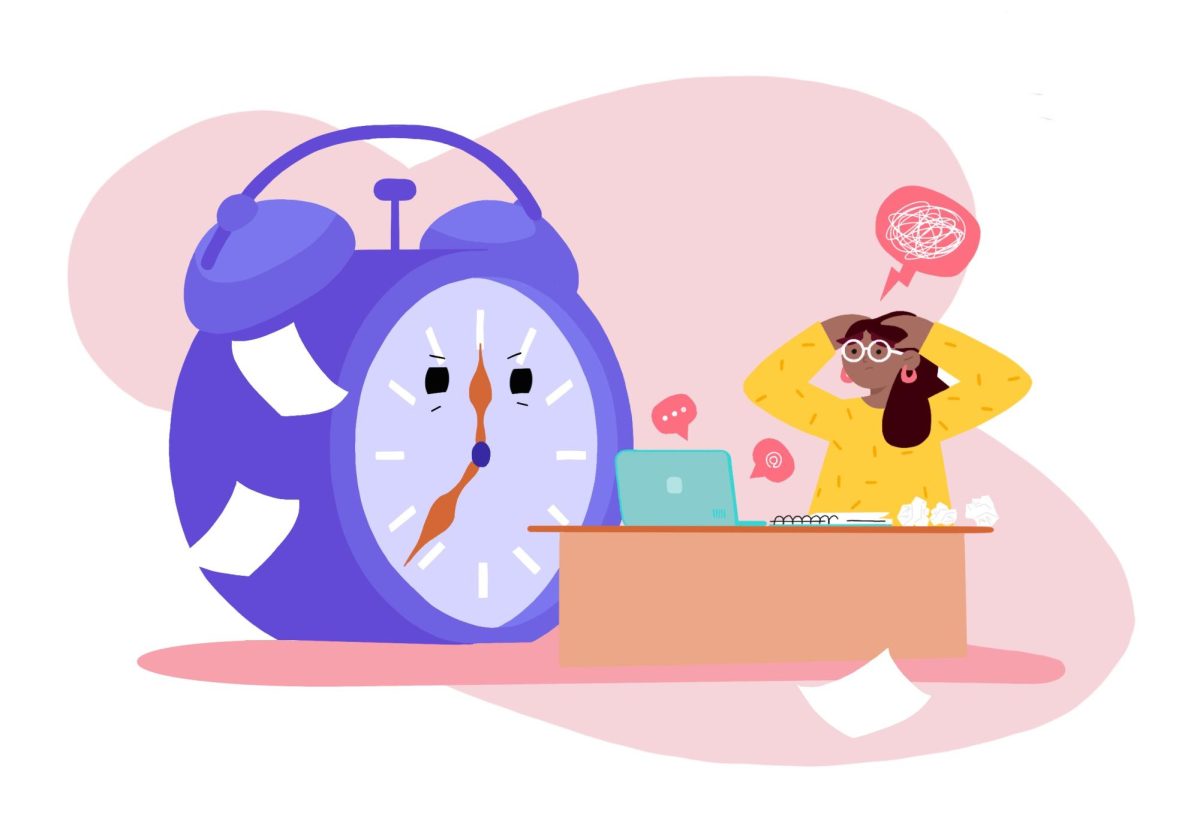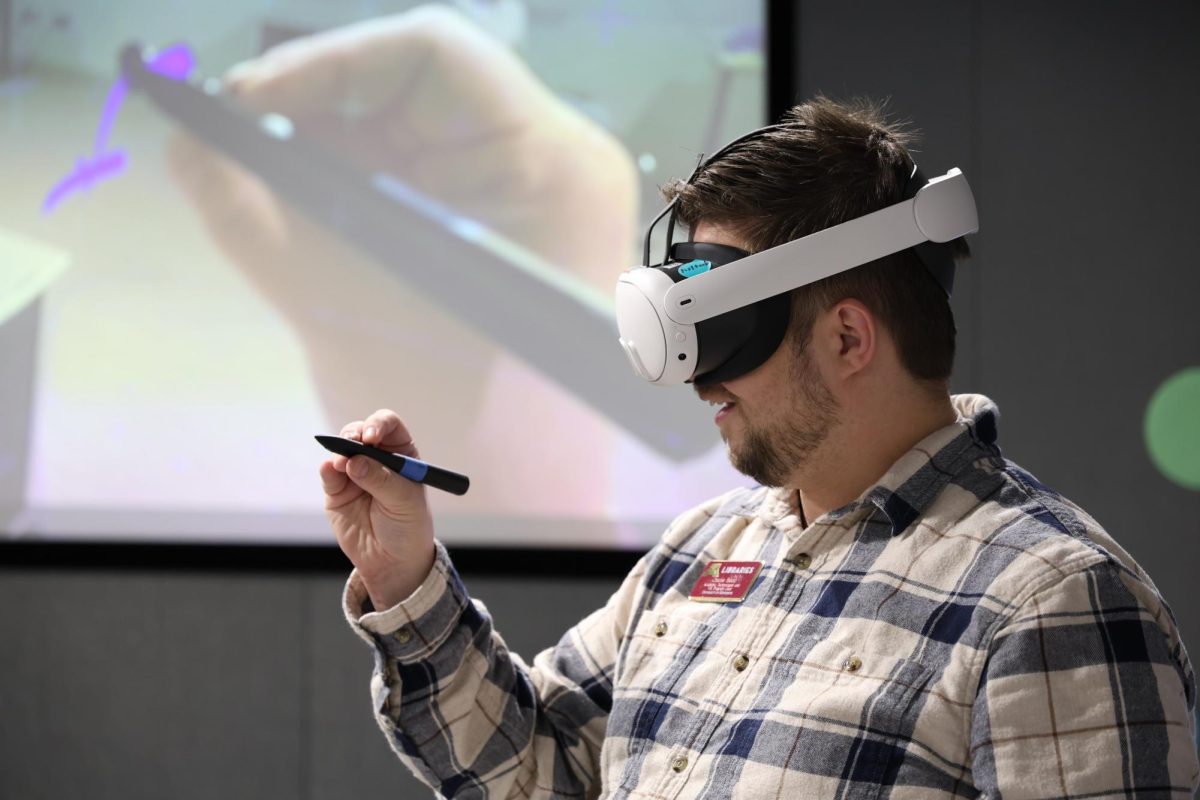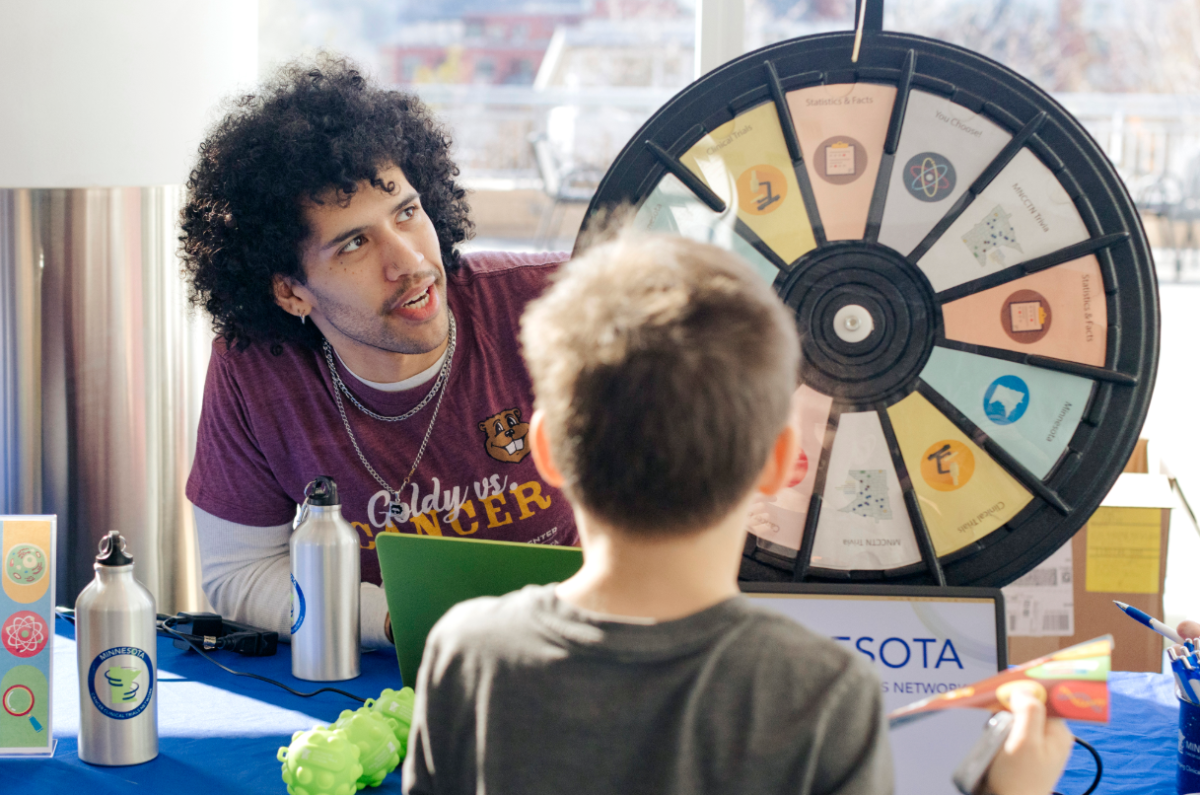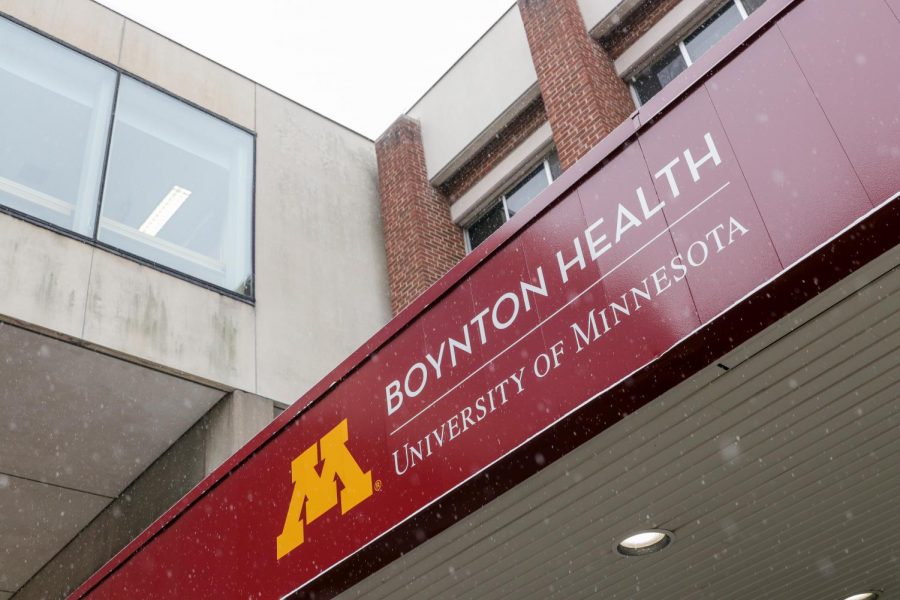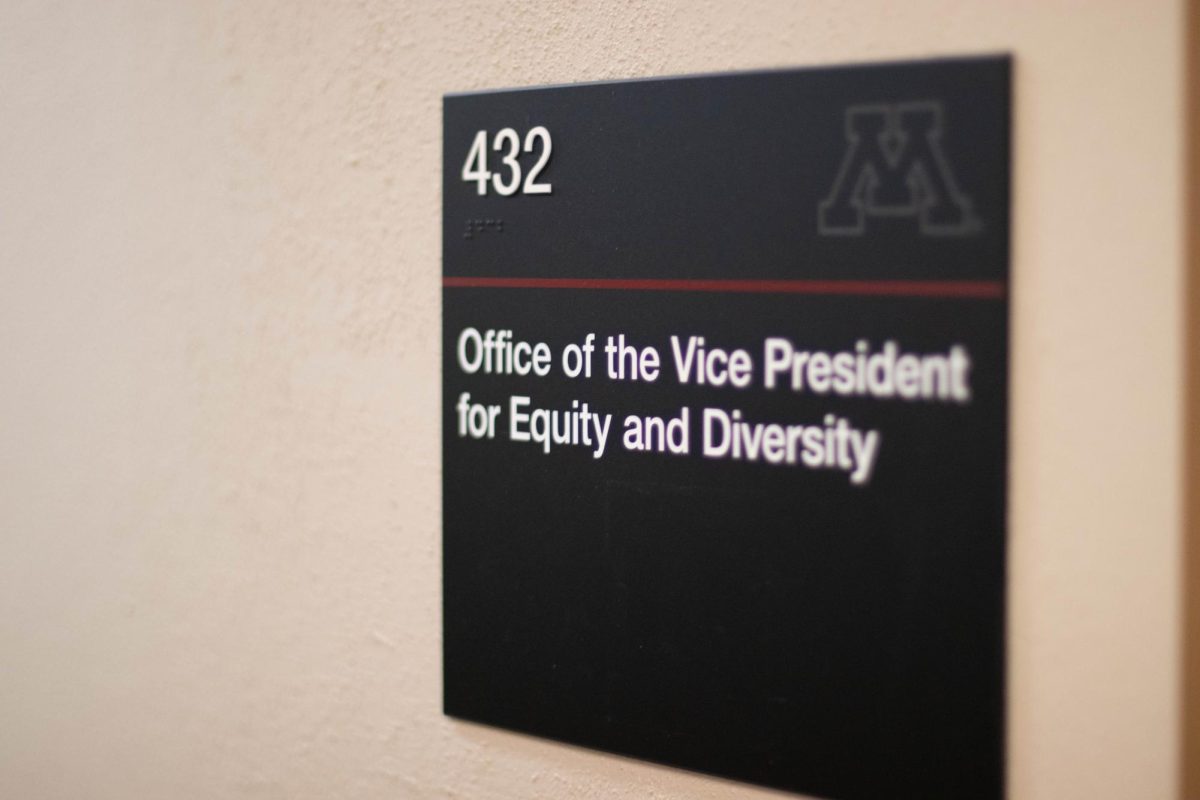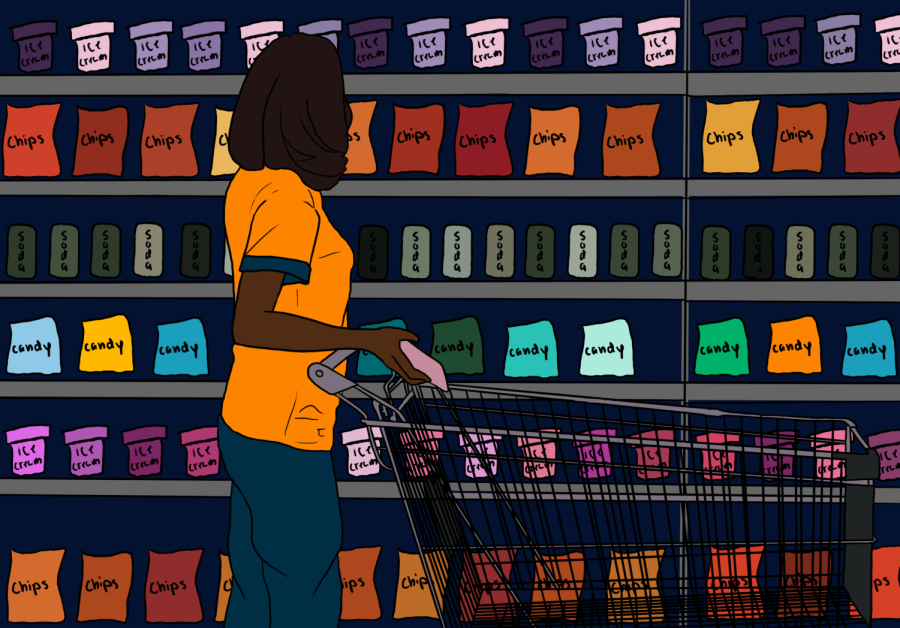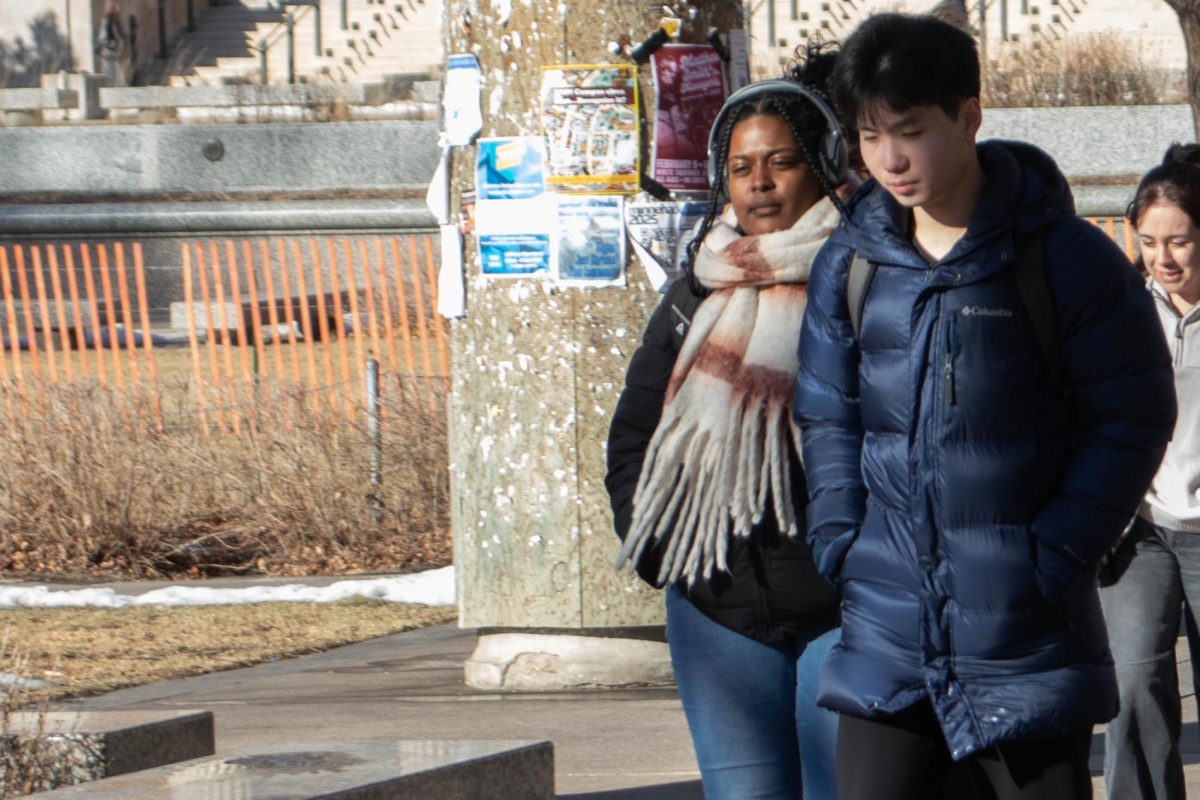Staff from the University of Minnesota’s Tutoring and Academic Success Center, Boynton Health and Disability Resource Center have been working to provide support and resources to students with attention-deficit/hyperactivity disorder (ADHD).
In spring 2024, the groups collaboratively launched an Effective U webpage specifically focused on developing a basic understanding of ADHD and learning skills to manage it. The webpage contains a module where students can learn study tips, money management, exam prep and more.
The collaborative effort also piloted a new section of OUE: 1101: Academic Refresher, specifically tailored to students diagnosed with or who suspect they may have ADHD. The one-credit course has four sections with different focuses, though they all aim to support students experiencing academic barriers.
Other collaborative efforts included starting the ADHD Peer Network, which gives students with ADHD the opportunity to connect in person and secure a Campus Climate micro-grant, which funds projects that enhance the University’s social environment.
Stevi Shively is a clinical counselor who was a master’s student when planning started last spring on OUE 1101 and the Effective U module. Shively teaches the section of OUE 1101, which focuses on strategies for students with ADHD.
“As a course, it does not require a diagnosis,” Shively said. “Anybody can take it if they think they benefit from it.”
The course teaches how to identify dopamine-seeking behaviors, time awareness and task prioritization tools.
As someone who was diagnosed with ADHD while getting her doctoral degree, Shively said being around students going through similar issues as her and being able to help them is incredibly rewarding.
“The course is really focused around recognizing and appreciating the fact that a lot of academic systems are developed for a particular learning style or a very specific way of brains working that might not necessarily match very well with the way that an ADHD student’s brain functions,” Shively said.
Shively worked with Keelin Yenney, a University Academic Success Center coach and instructor, to modify the course for students who have or may have ADHD.
“We have two classes left, and have been getting a lot of really positive feedback in that course, and hope to be able to teach it and offer it in future semesters,” Shively said.
Yenney helped organize the ADHD Peer Network, which had its first meeting on Sept. 18 and meets again on Oct. 16.
“It’s very new, and we’re kind of figuring it out as we go because we want to make sure that it is very student-driven,” Yenney said.
The Network’s meeting in September focused on getting student feedback, according to Yenney. The Network is excited to start implementing that feedback, starting with its next meeting.
Based on student feedback, each meeting will include time to chat with peers and a 30-minute educational component related to ADHD, Yenney said. Educational components could be anything from study skills and time management to emotional regulation and community building.
“Again, we want it to be student-directed,” Yenney said. “So if students are interested in making it something larger we can then coordinate additional events or things like that.”


